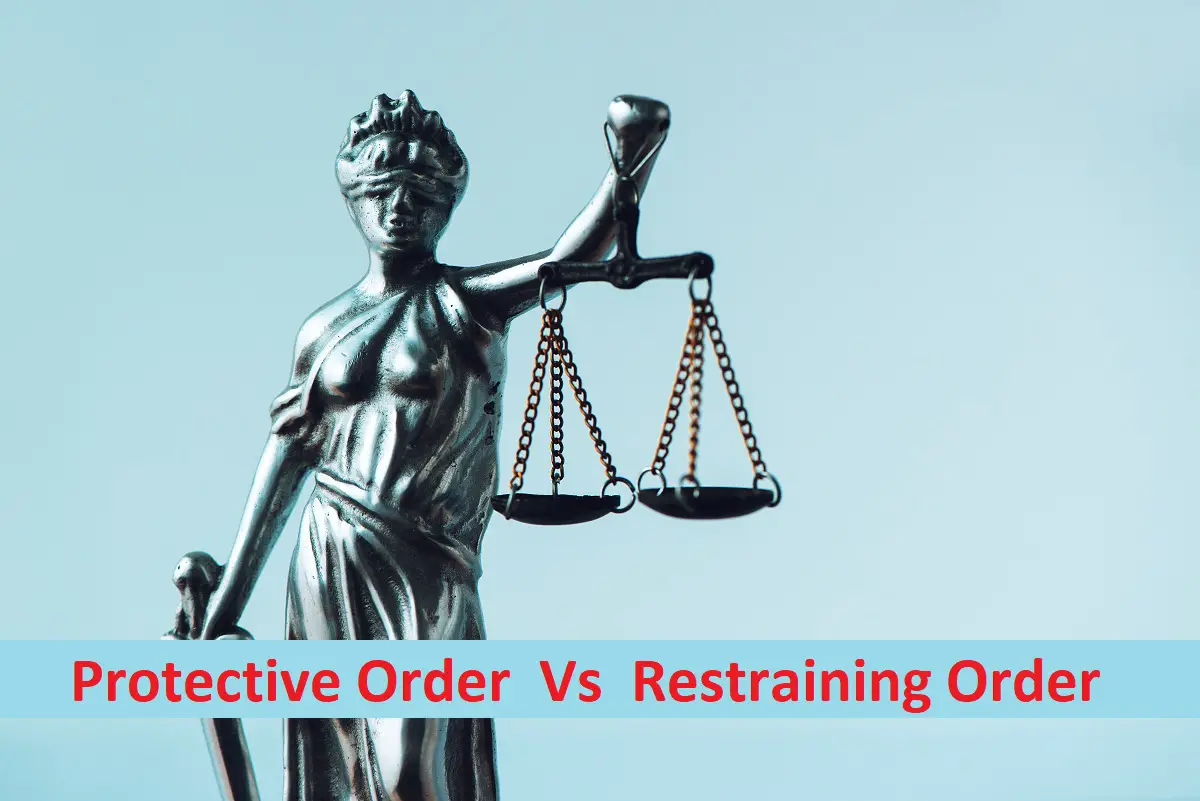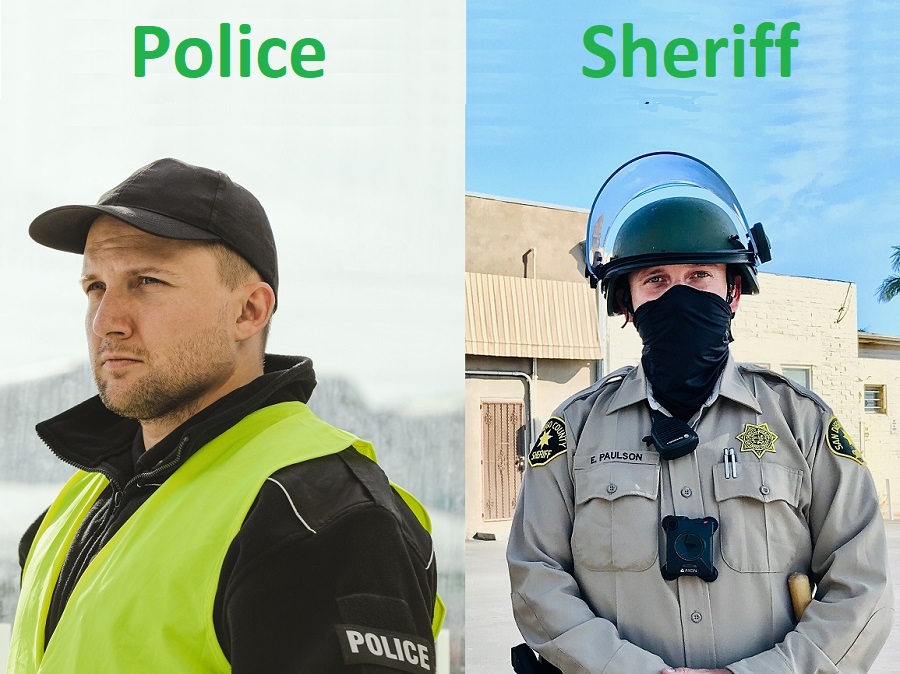Difference Between Fostering and Adoption
Foster vs adopt: Caring for a child and watching them grow has got to be one of the joys of a person’s life. Especially when you’ve been a foster child yourself, giving a little one the same chance can feel ethereal.
It goes beyond the parental ties and gives you the satisfaction of having a complete family. Before you set foot into the world of foster care and adoption, it’s important to know the requirements and responsibilities they come with.
Let’s discuss the differences between foster care and adoption so that you can proceed with a well-informed decision.
What Is Foster Care?

It is a system where a minor is placed into the home of a certified care-giver (foster parent) from their legal or biological parents.
Usually, a social service agency oversees the placement while the family court makes all legal decisions of the foster child. The key duty of foster parents is to take care of the child in their home preferably as their own.
In most cases, a state agency (Child Protective Services) determines if a child should be taken into the state’s custody. They will consider financial issues, abuse, neglect, and unsafe environments before putting a child in foster care.
Sadly, there are parents who refuse to assume parental responsibility and sign over their parental rights in court. Those kids are assigned to congregate care or a group home before foster parents can take them in.
Moving on, respite foster care is a state-provided child protective service offered to parents who are temporarily unable to care for the child.
Difference Between Power of Attorney and Guardianship
How Is Adoption Different from Fostering?

Unlike the guardian of a minor or the new parent of an adopted child, foster parents have no legal authority over the child. In simple words, fostering a child does not change the child’s inheritance, authority, and filiation with its biological family.
With adoption comes societal recognition, inheritance rights, religious sanctions, and a permanent home for the child. However, in many states, there are inheritance laws for adopted children.
The good news is some states have relaxed statutes concerning adoption, inheritance, and transfer of filiation- making it easier for families to adopt and care for a child.
Reputed social service organizations, charities, and philanthropic patrons run private adoption agencies. On the other hand, orphaned, abused, or older children are typically brought into public agencies where they receive minimal care.
A brand-new, loving home means the world to an abandoned child, and it’s important that your whole family is on board with this adoption.
How Can I Be Eligible to Adopt a Child?
Before we discuss your eligibility for becoming an adoptive parent, you need to know about the different types of adoption and see what suits your family. To begin with, you can adopt through a public or a private adoption agency.
The Legal Requirements
Domestic or inter-country adoption requirements and fields of eligibility vary from one state to another. However, you must be at least 21 or over. Usually, in an independent adoption case, the birth parents choose the adoptive family.
Any history of chronic illness in the adoptive family can make the process difficult. Whereas a criminal history, substance abuse, psychiatric illness, or emotional instability can put a total stop to the adoption journey.
US foster care adoption does not require a marriage contract for eligibility. But you might need to appoint a guardian should you fail to fulfill the parental responsibilities with your partner.
The adoption agency will assess your financial capability, assets, and insurances before adoption, of course. The prospective adoptive parent will need to show proof of ownership of the house and assets.
During your home study and agency applications, you need to present a well-founded parenting plan. If not satisfied, you might have to attend pre-adoption training.
Requirements to Be a Foster Parent
There are a few general criteria you have to fulfill before becoming a certified foster parent. The state laws require that you are at least 21 years old and you have a stable income source that meets the foster child’s necessities. Your home should have proper arrangements for the stay of the foster child too.
As a foster parent, you will be required to bear the expenses of childcare during your work hours. Any expense outside the public school system typically falls on the foster parent.
Difference Between Executor and Trustee (With Comparison Table)
Considerations & Exclusions
Attending foster-parent training sessions, sound advocacy of children, mental stability, and financial wellness will expedite your foster care certification. Your actions must be in the best interest of the child.
It’s not necessary to be married in order to be a foster parent. Although, some states will not certify you if you’re living with another adult as an unmarried couple unless you are related (siblings, extended family, etc.)
Keep in mind that any previous record of a misdemeanor, felony conviction, sexual assault, or child abuse will disqualify you as a prospective foster parent.
Final Words
At the end of the day, the difference between foster and adopt is the legal authority, societal recognition, and change in filiation.
An adopted child becomes a life-long part of your family while a foster child will stay with you until it finds a beautiful permanent home! And should you consider either of the two in the future, we wish you all the best with your fostering and adoption journey!






